Export activities and investment cooperation between Vietnam and the Middle East - Africa region are increasingly open. At the end of October 2024, the Vietnam - UAE Comprehensive Economic Partnership Agreement (CEPA) between Vietnam and the UAE was signed. This is a historic event that creates a breakthrough in economic, trade and investment cooperation between the two countries, opening a big path for Vietnam to penetrate deeper into the Middle East - Africa market.
From the CEPA Agreement, Vietnam and the UAE have agreed to make a strong commitment to trade liberalization, committing to eliminate tariffs in a phased manner for 99% of Vietnam's exports to the UAE, while Vietnam also commits to eliminate tariffs in a phased manner for 98.5% of the UAE's exports to Vietnam. The CEPA also includes many provisions to facilitate trade and investment, in line with current trends in digital transformation and green development.
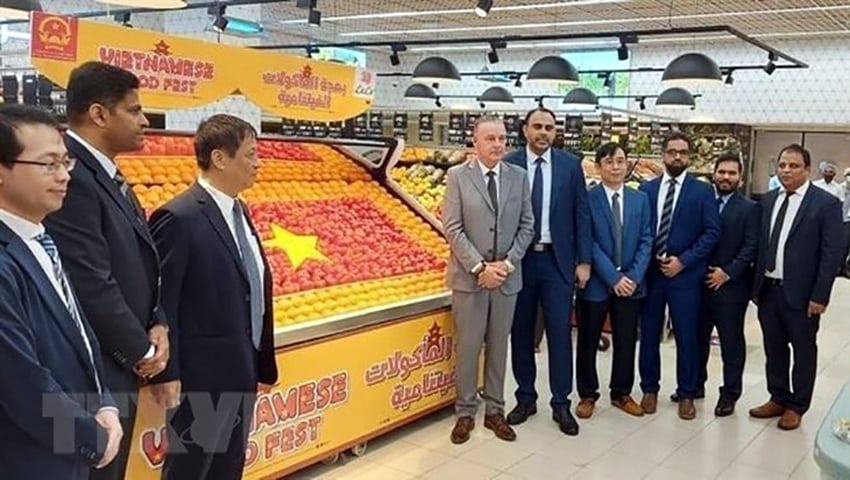
Notably, the UAE is a country with a strategic location at the gateway of trade between the three continents of Asia, Europe and Africa and is one of the world's commercial and financial centers. Therefore, the UAE is an important trade gateway in the Middle East, with the potential to connect with many countries in the region; through the UAE, Vietnamese products will have convenient access to large markets in the region such as Saudi Arabia, Qatar and Kuwait as well as some countries in North Africa and West Asia.
Mr. Truong Xuan Trung, in charge of the Vietnam Trade Office in the UAE, said that the UAE is currently a country with a large economic openness in the Gulf region and the UAE's import needs are very diverse, especially for products that Vietnam has strengths in such as phones, electronics, electronic components, consumer goods, agricultural, forestry and fishery products, etc.
“Although Vietnam is having a trade surplus with the UAE, this is an open market with many competitors. Importers always squeeze exporters to get the lowest price. In addition, this is an Islamic country, so food and beverage products and many other products need to have Halal certification. To do business successfully in the UAE market, Vietnamese enterprises first need to understand the religion, language and business culture of the Arabs, grasp the tastes as well as sensitive issues about religion and consumer culture, and meet specific standards on product packaging and advertising,” Mr. Trung noted.
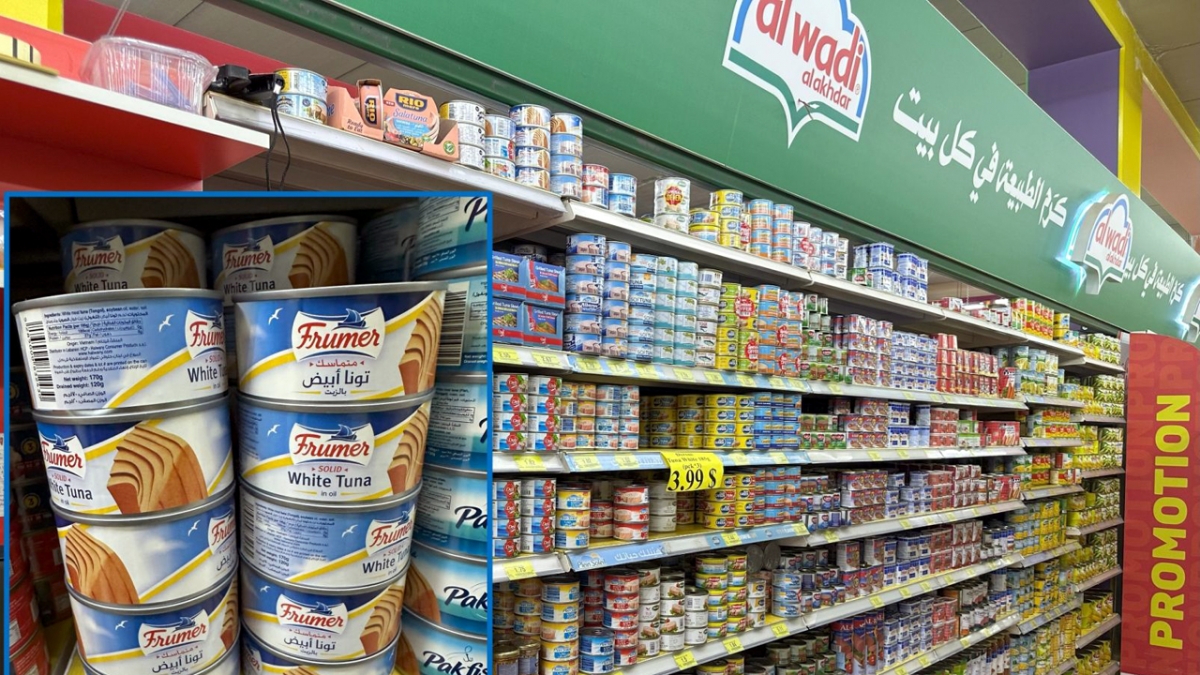
In addition to the UAE, Lebanon is a Middle East - Africa market that also has a lot of potential and is a great opportunity for Vietnamese export enterprises. After the political incident, the Lebanese economy is forecast to recover soon, import demand and trade turnover will also accelerate rapidly in the coming time. The main groups of goods that Lebanon imports from Vietnam in the current period are seafood (frozen and processed), coffee, pepper, rice, footwear, garment accessories and machinery and electrical equipment.
Mr. Nguyen Duy Hung, in charge of the Vietnam Trade Office in Egypt and concurrently in charge of Lebanon, informed that Vietnam and Lebanon still have a lot of potential and room for trade cooperation. The Trade Office is providing necessary support for Lebanese enterprises to access the Vietnamese market, such as verifying business information, information on Vietnam's import-export and investment policies, information on annual international fairs and exhibitions held in Vietnam as well as a list of reputable export enterprises.
Assessing the potential for trade cooperation with Vietnam, Mr. Wassim El Hoz, Chairman of the Hoz Mall supermarket chain in Al Koura district, Tripoli province - Northern Lebanon, said that many Vietnamese products have been sold in supermarkets such as frozen pangasius fillets, shrimp dumplings, and canned tuna. Mr. Wassim El Hoz affirmed that he is ready to import more new products from Vietnam to introduce to Lebanese consumers.
During the working session between the Vietnam Trade Office and the pharmaceutical company UBSA Pharma Industries in Tripoli city, General Director Zakaria El Sayed and CEO Omar El Sayed also expressed their desire to cooperate with Vietnamese pharmaceutical companies. The company raised the issue of importing vitamins and minerals from Vietnam to serve pharmaceutical production.
However, when talking with the trade office, Lebanese import enterprises mentioned difficulties in the cooperation process, such as some Vietnamese export enterprises not being good at English, lacking information to look up on the internet and wanting support in fast visa procedures for Lebanese enterprises to attend trade fairs and exhibitions in Vietnam.
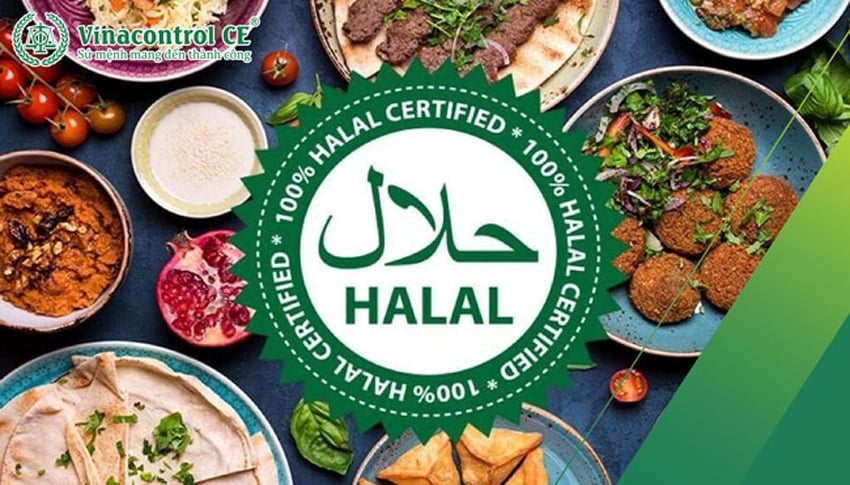
According to information from the Ministry of Industry and Trade, it is currently coordinating with ministries and branches to focus on synchronously implementing many solutions, such as building support programs, improving competitiveness for industries and enterprises, especially small, medium and micro enterprises in the process of searching and penetrating the Middle East market to meet the requirements of importing countries, in which special attention is paid to products with Halal certification.
With the foundation of FTAs signed with countries and regions in the Middle East, this will be an important lever for Vietnamese enterprises to take advantage of trade and investment opportunities with regions with many dynamic economies, large economic scale but not yet noticed by Vietnamese enterprises in the previous period.
Source: https://vov.vn/kinh-te/tiem-nang-xuat-khau-dang-rong-mo-tai-thi-truong-trung-dong-chau-phi-post1163801.vov



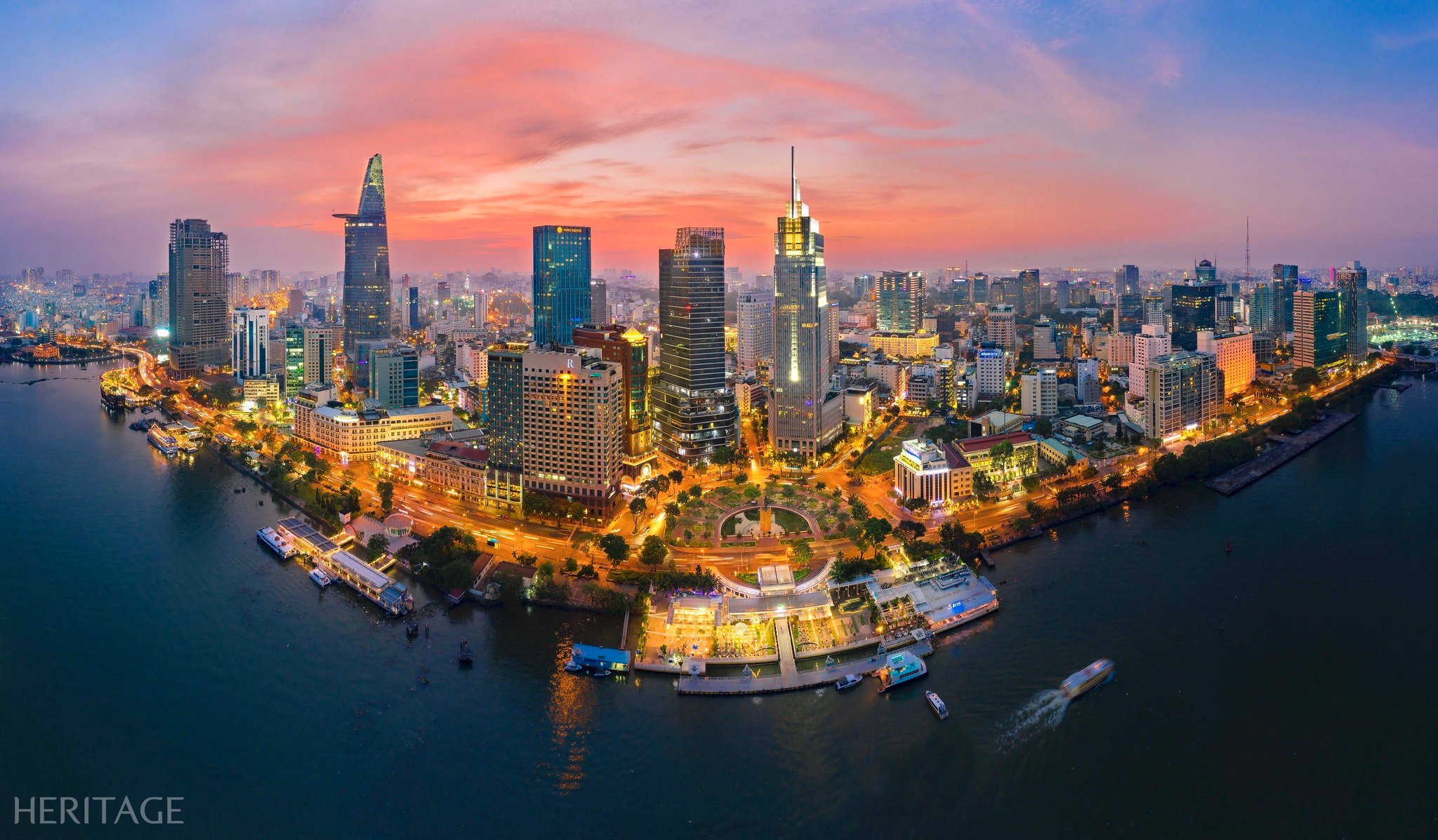


![[Photo] Prime Minister Pham Minh Chinh chairs meeting to urge highway projects](https://vstatic.vietnam.vn/vietnam/resource/IMAGE/2025/3/29/6a3e175f69ea45f8bfc3c272cde3e27a)
![[Photo] Dong Ho Paintings - Old Styles Tell Modern Stories](https://vstatic.vietnam.vn/vietnam/resource/IMAGE/2025/3/29/317613ad8519462488572377727dda93)

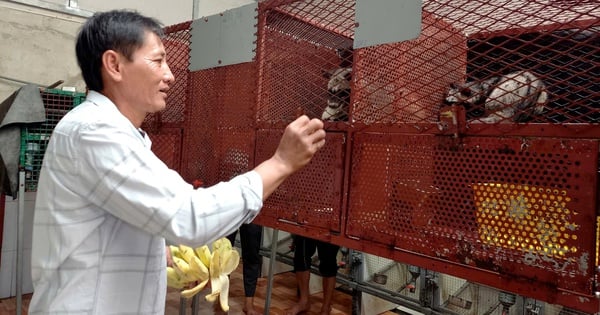

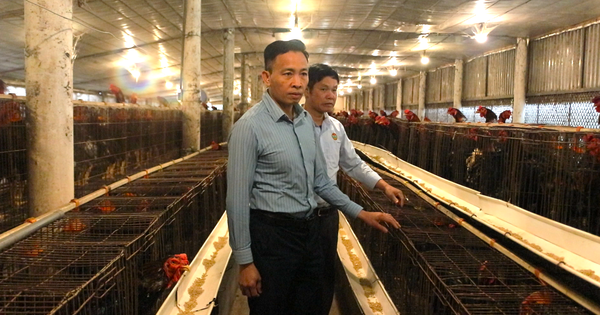
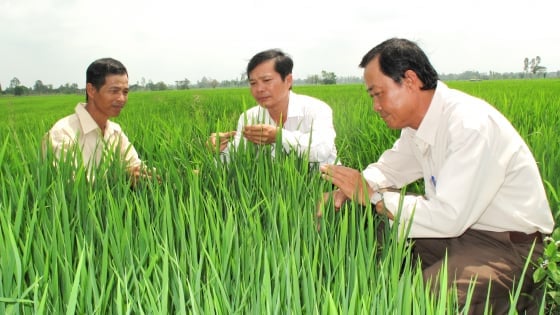
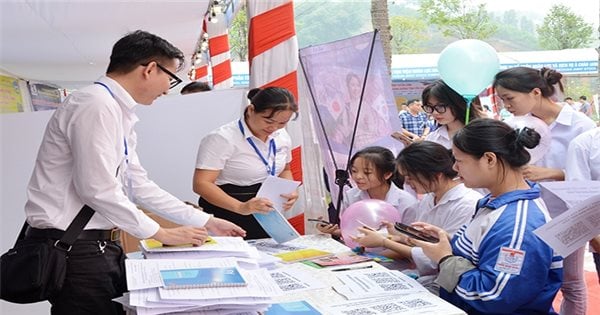


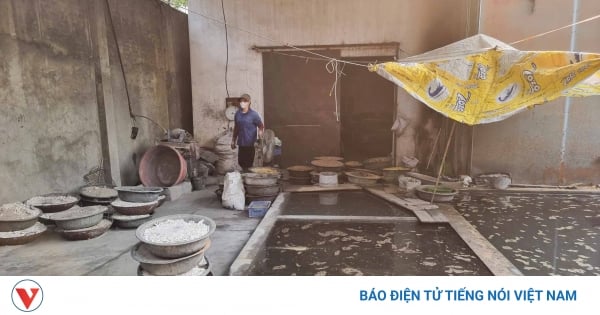
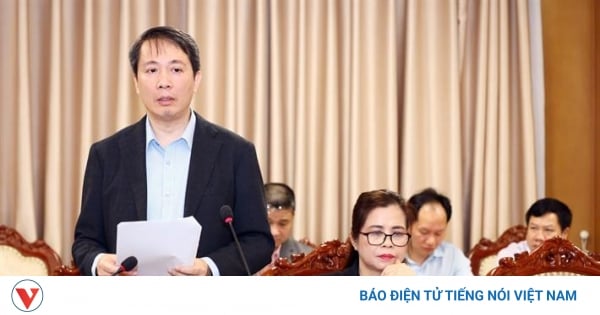
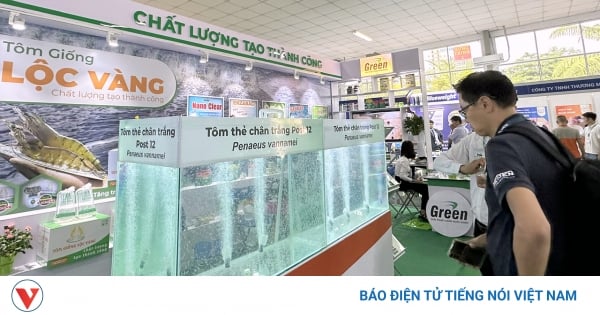
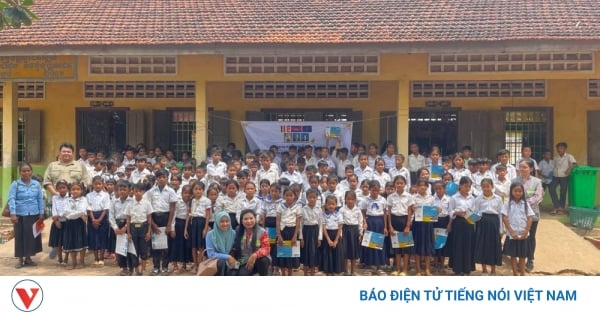
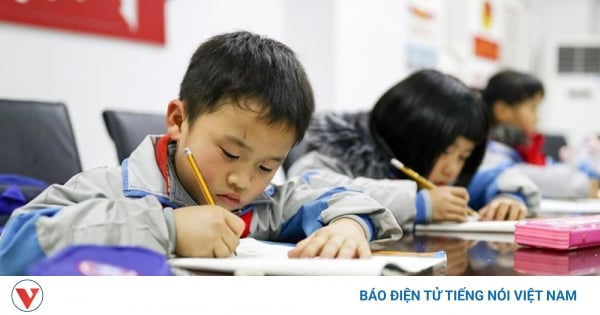
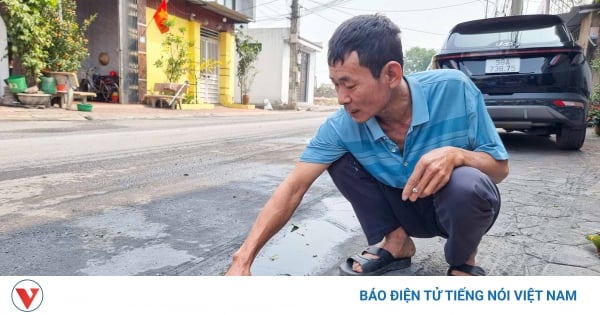
![[Photo] Prime Minister Pham Minh Chinh and Brazilian President Luiz Inácio Lula da Silva attend the Vietnam-Brazil Economic Forum](https://vstatic.vietnam.vn/vietnam/resource/IMAGE/2025/3/29/f3fd11b0421949878011a8f5da318635)














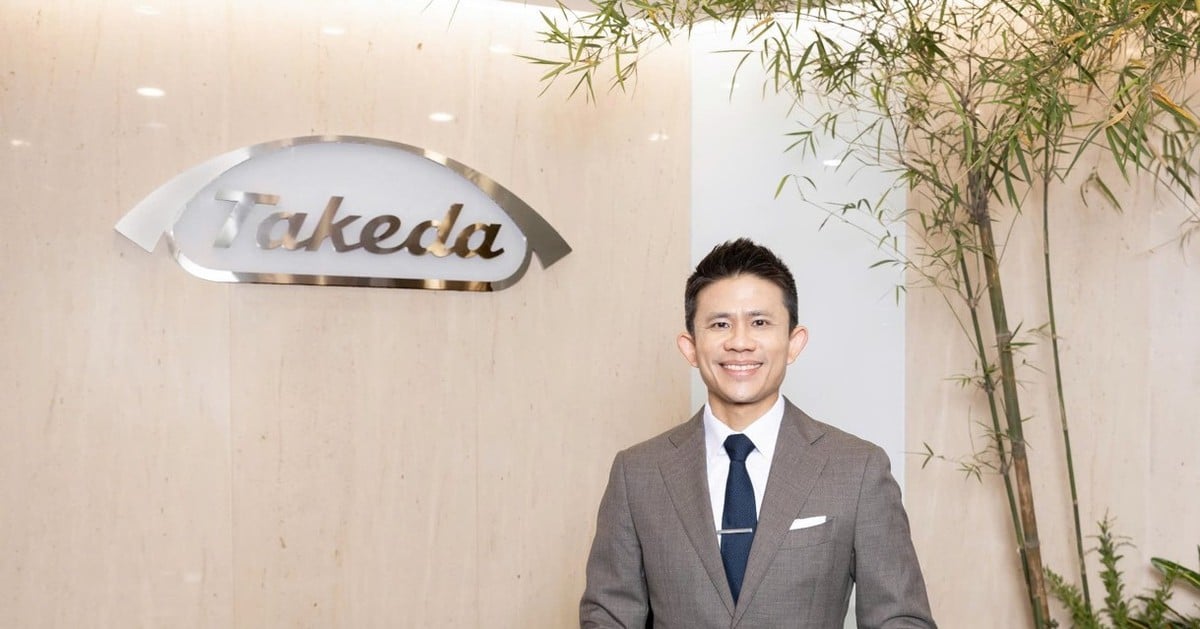



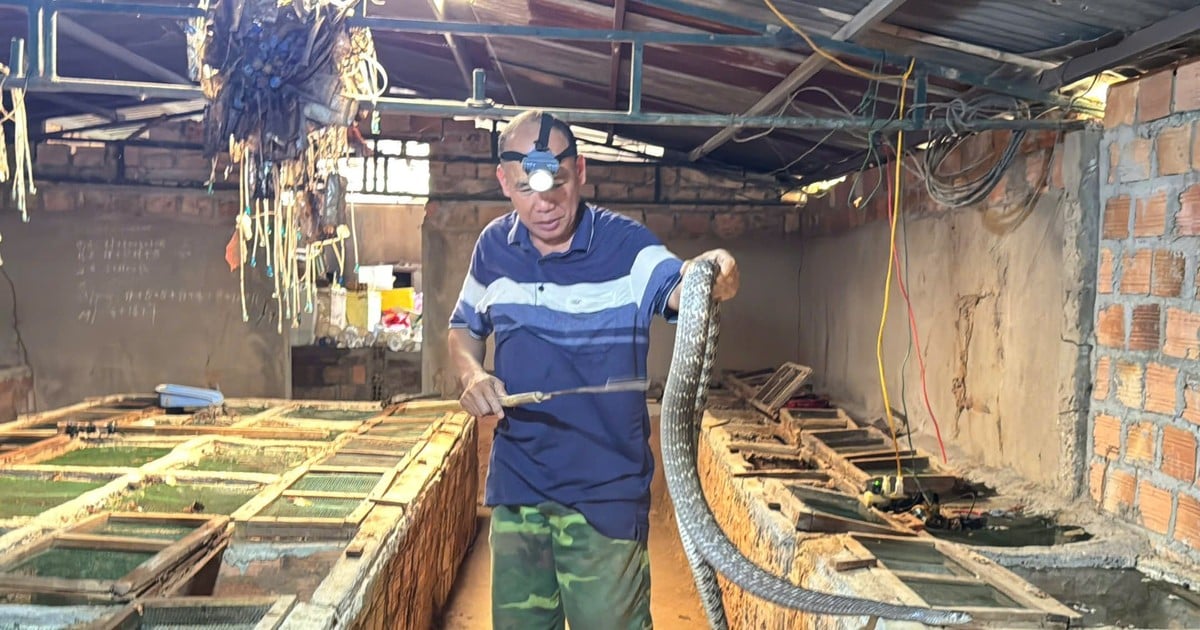










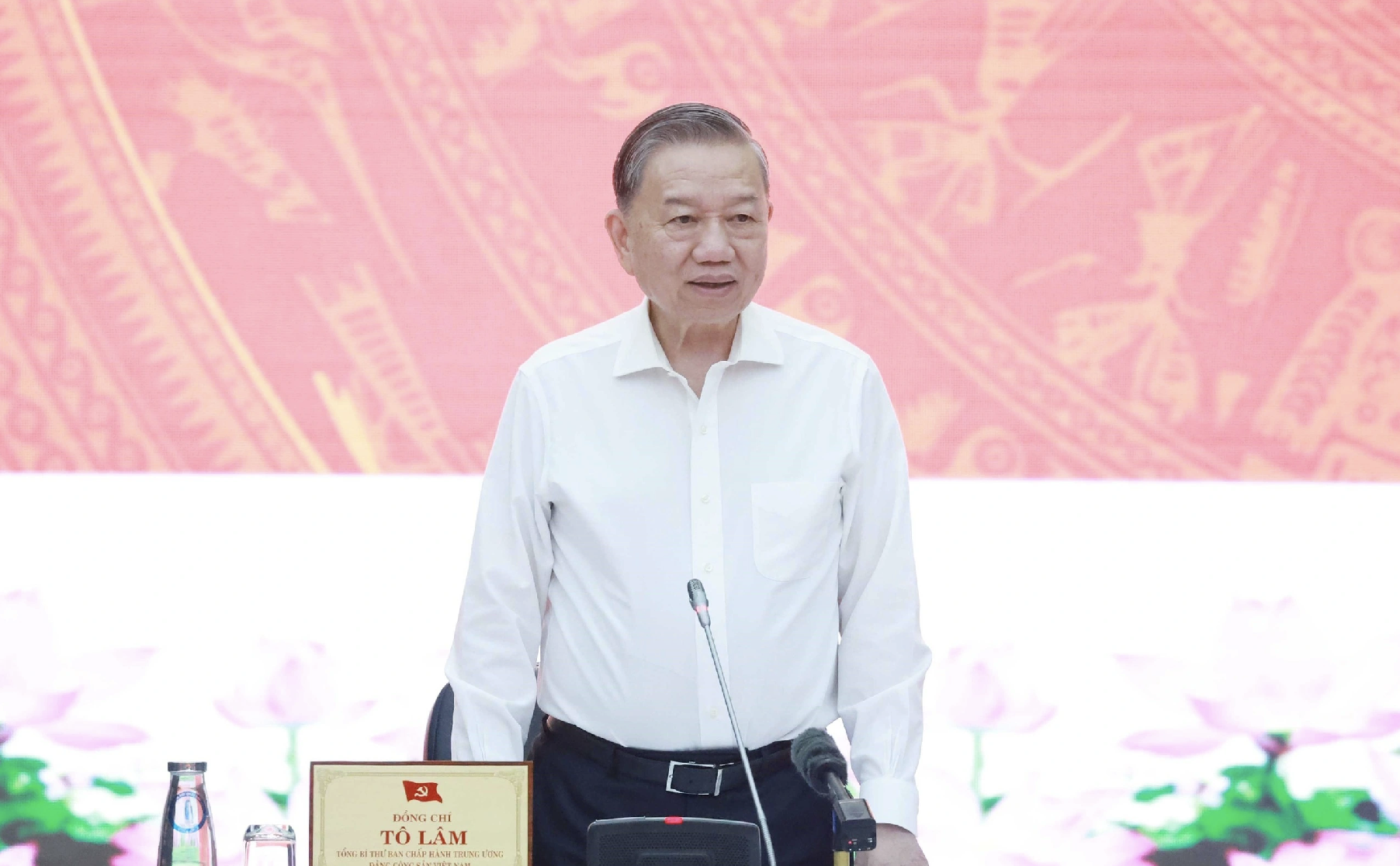

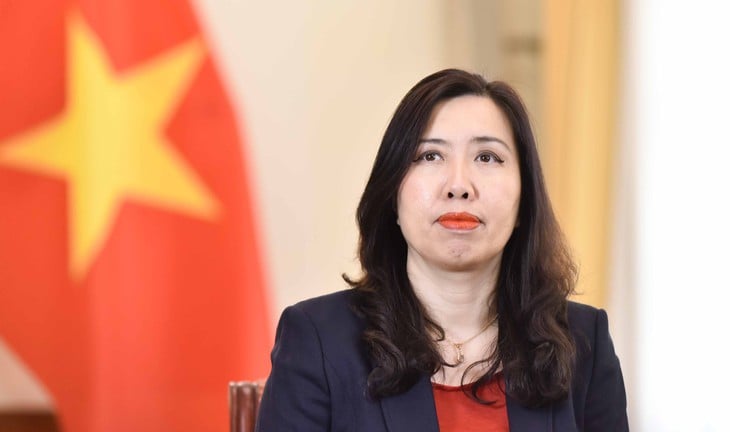


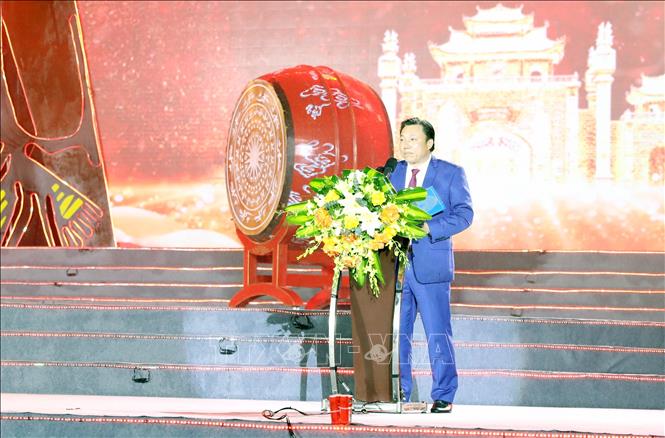

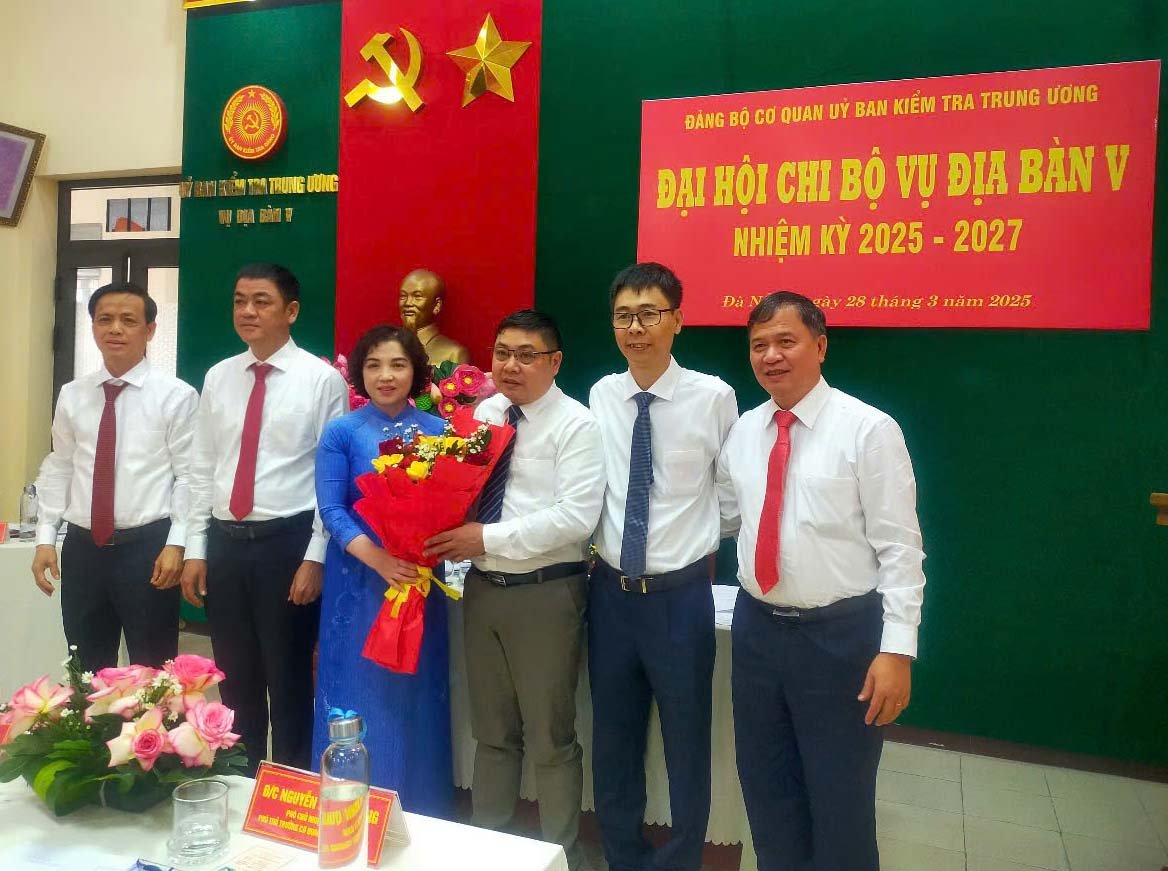

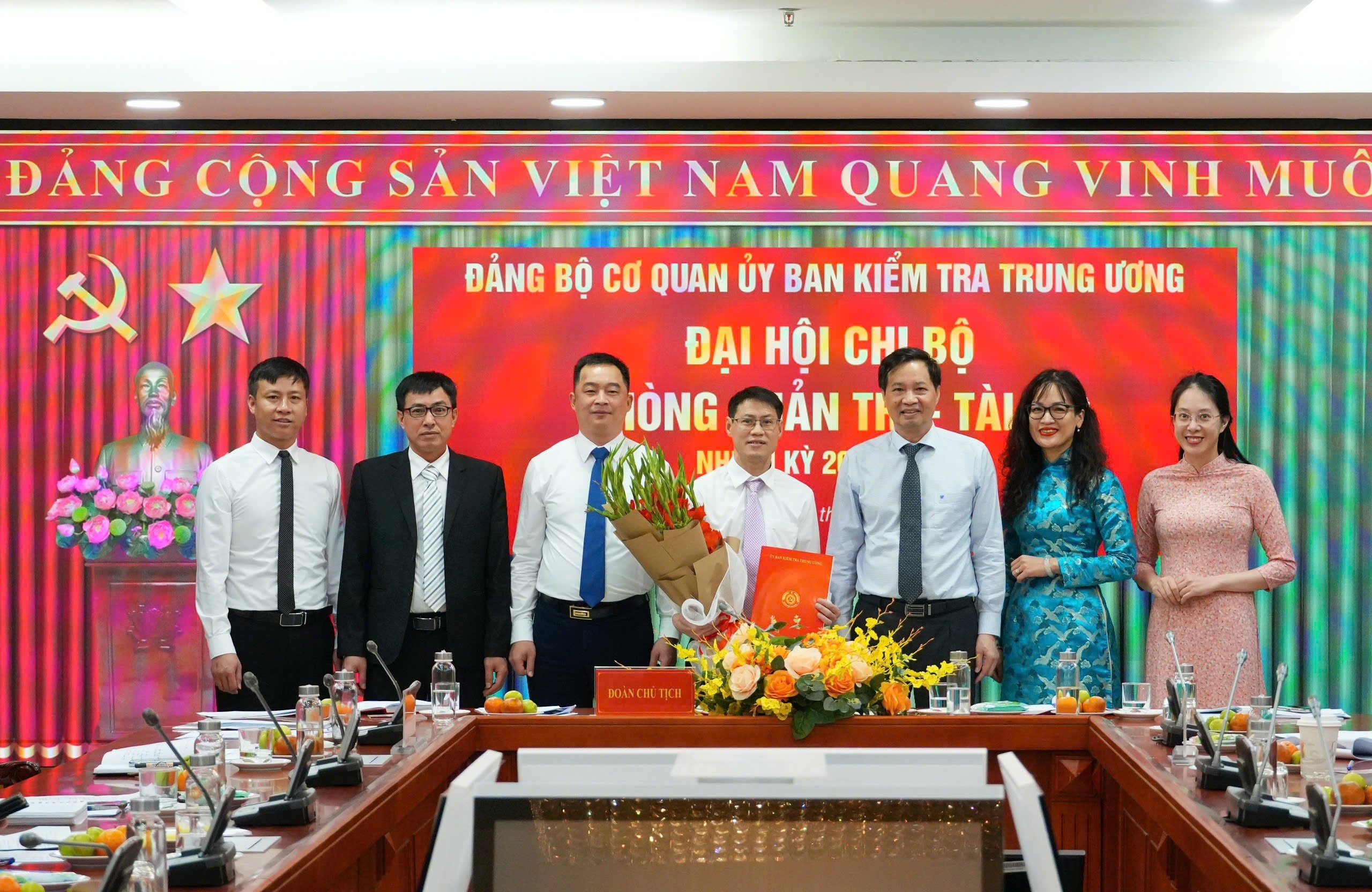
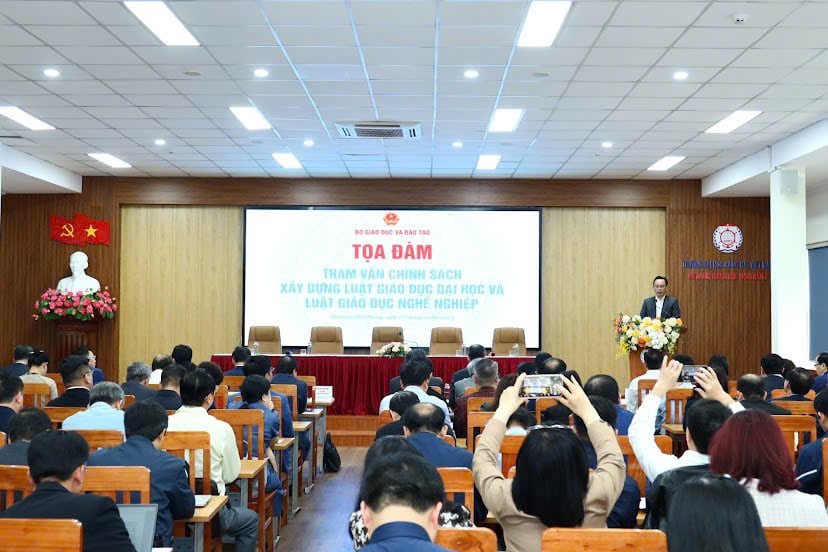

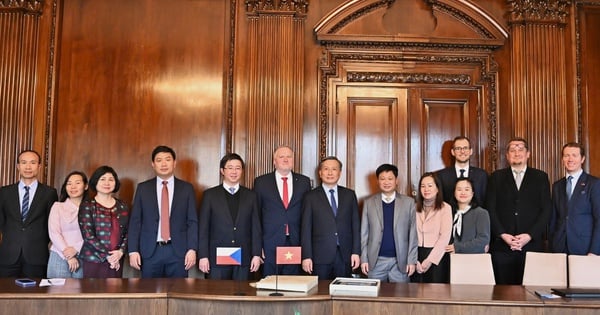

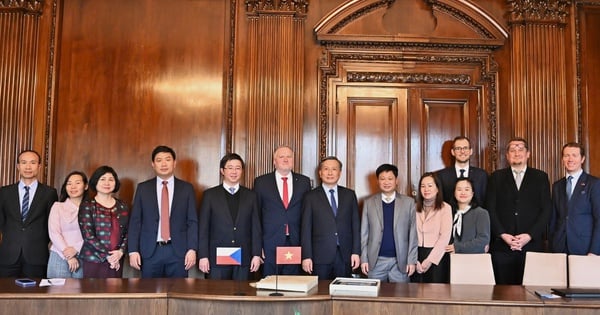
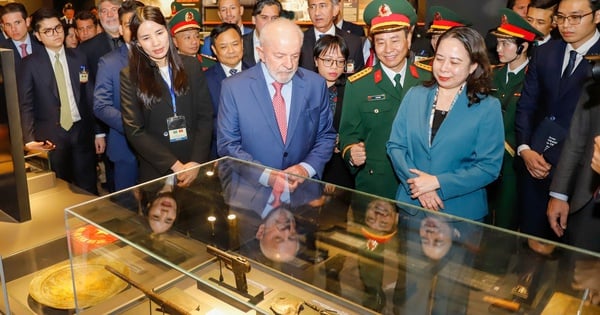





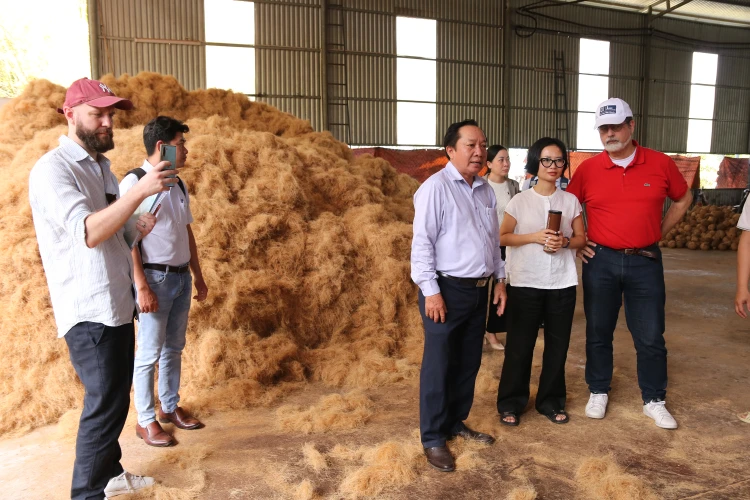

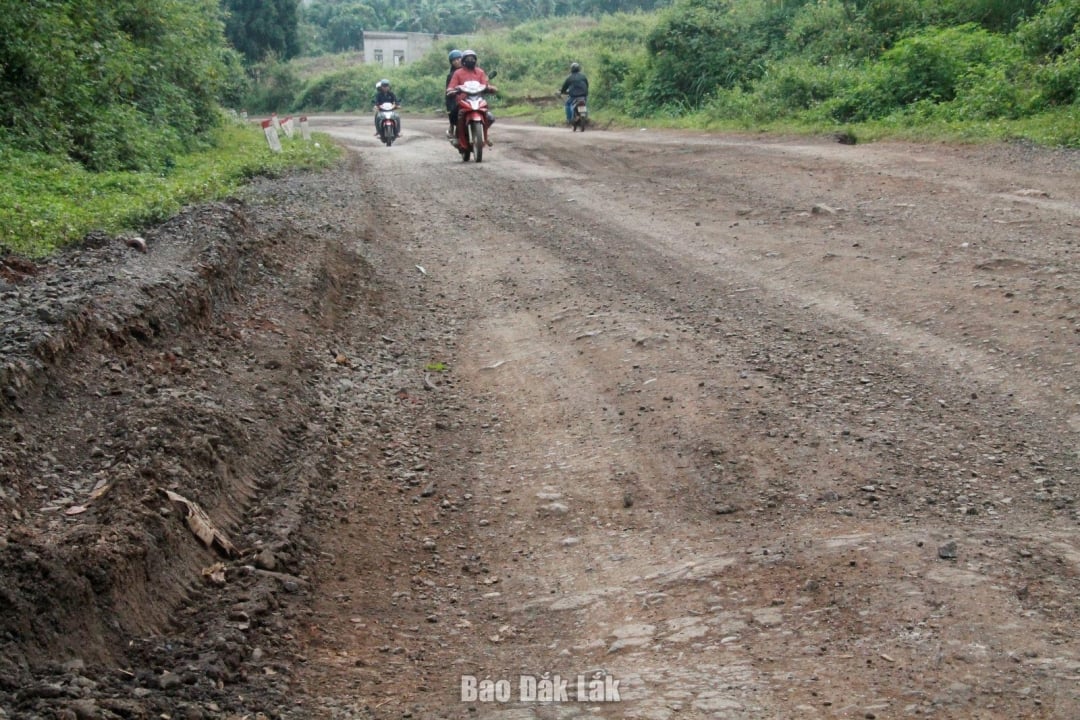

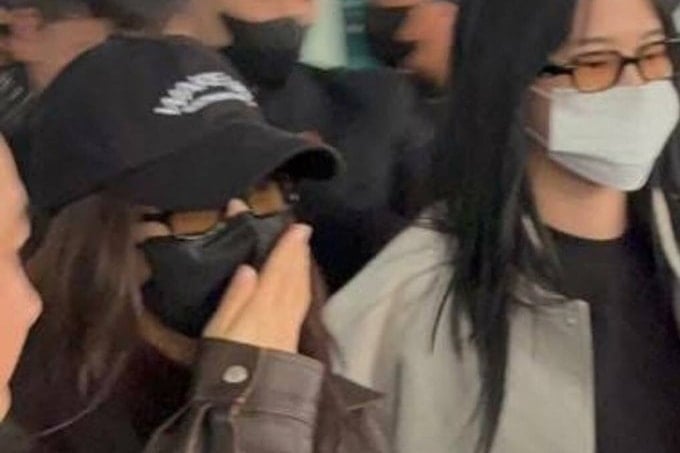

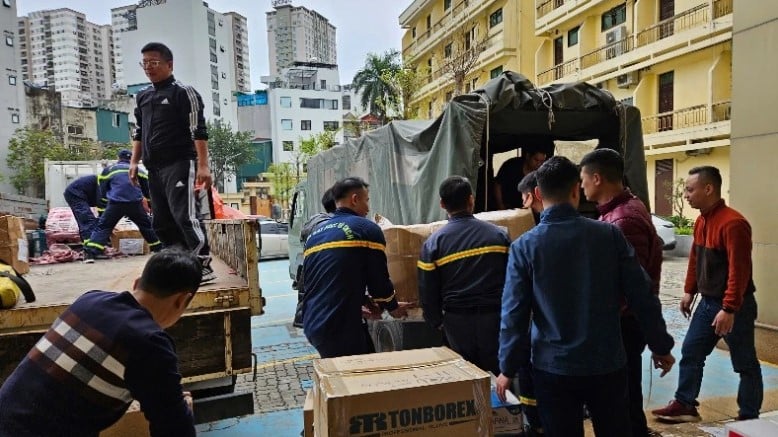

![[REVIEW OCOP] An Lanh Huong Vet Yen Cat](https://vstatic.vietnam.vn/vietnam/resource/IMAGE/2025/3/27/c25032328e9a47be9991d5be7c0cad8c)









Comment (0)